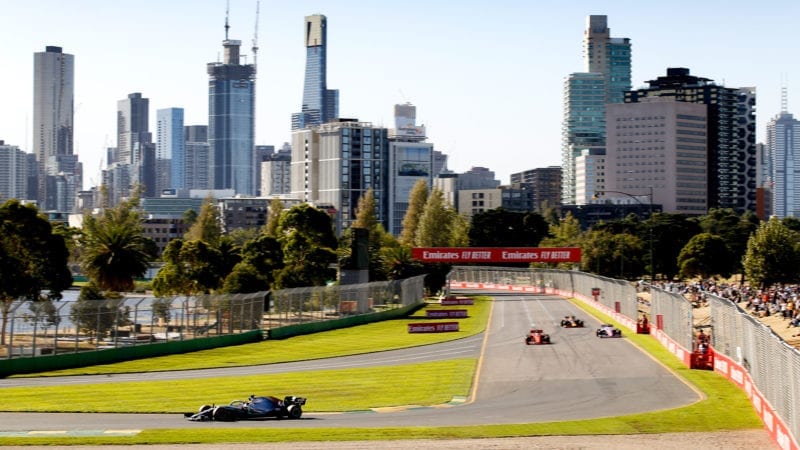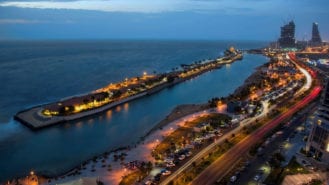The longest Formula 1 seasons so far have had 21 races (in 2016, 2018 and 2019). 2020’s calendar was due to have 22 before Covid forced a complete rethink, but Formula 1 has now returned to expanding the schedule, which is capped at 25 races per year.
After attempts to move the Brazilian Grand Prix to a new track in Rio de Janeiro were stymied by controversy over the destruction of forest, Interlagos has agreed a new five year deal to host what will now be known as the Sao Paolo Grand Prix. That race will take place on November 14, ahead of the first Saudi Arabia GP — subject to ongoing legal action in Brazil.
Abu Dhabi’s contract secures its right to close the season, which is due to be on December 5 in 2021.
The FIA’s World Motor Sport Council approved the schedule at its December 16 meeting and congratulated the Formula 1 community for “the remarkable achievement of completing 17 events in the wake of the global pandemic”.
The 2022 dates had previously been published as a provisional calendar. At the time, F1’s outgoing Chairman and CEO, Chase Carey said: “We are planning for 2021 events with fans that provide an experience close to normal and expect our agreements to be honoured.
“We have proven that we can safely travel and operate our races and our promoters increasingly recognise the need to move forward and manage the virus. In fact, many hosts actually want to use our event as a platform to show the world they are moving forward.
“We are delighted to see Saudi Arabia become part of the schedule and are equally excited to return to the venues we hoped to race at in 2020. We want to thank all our promoters and partners for their ongoing enthusiasm and collaboration and look forward to giving our fans an exciting season on the track.”


